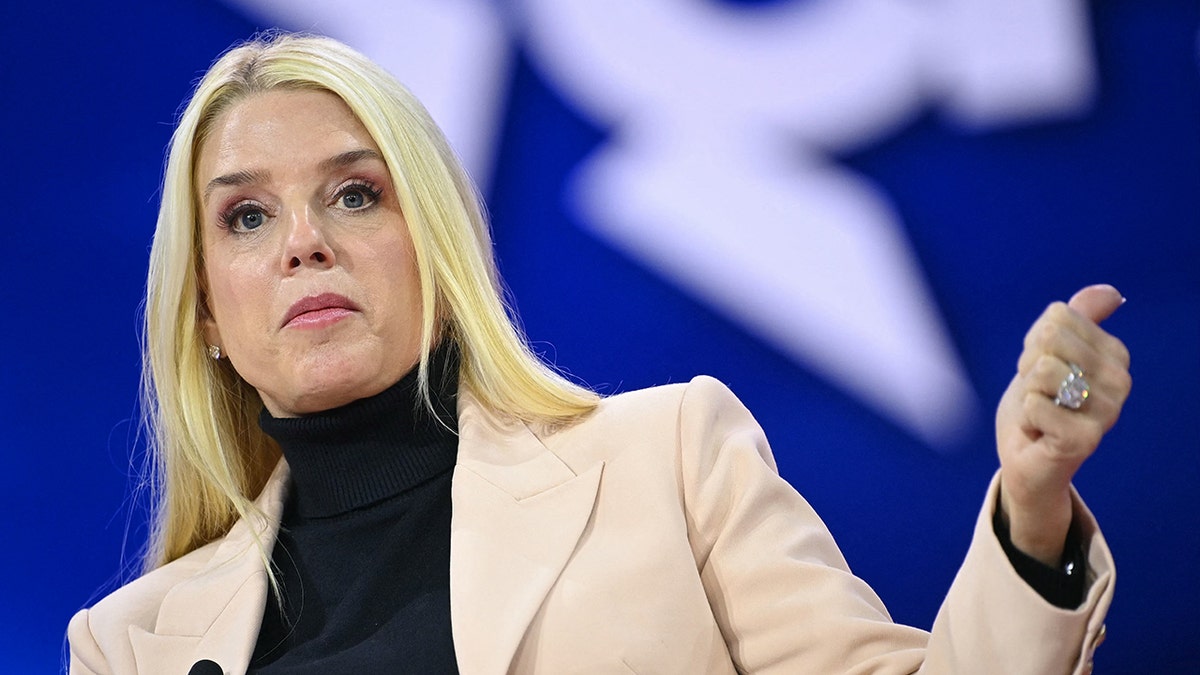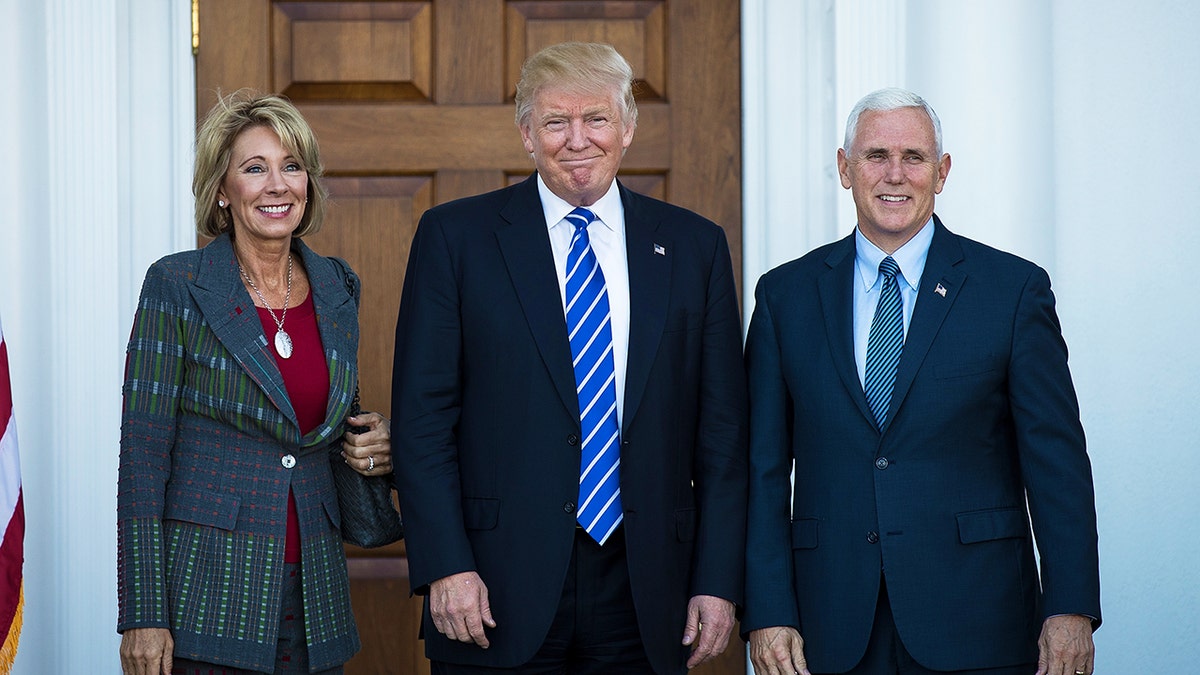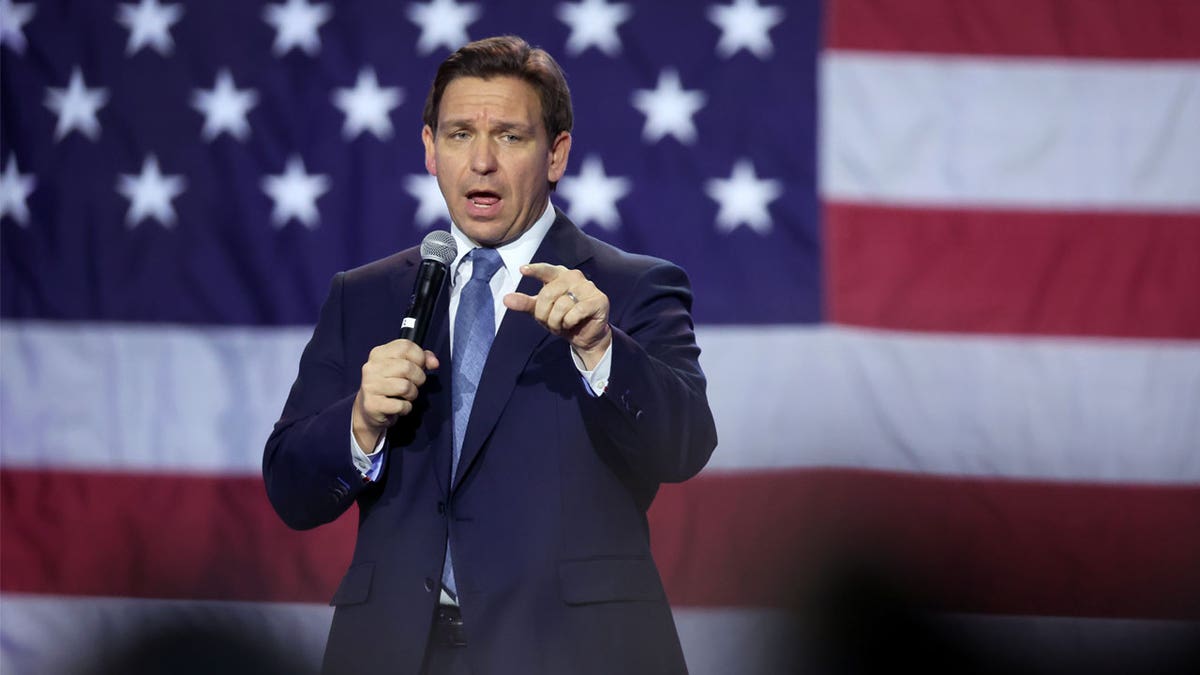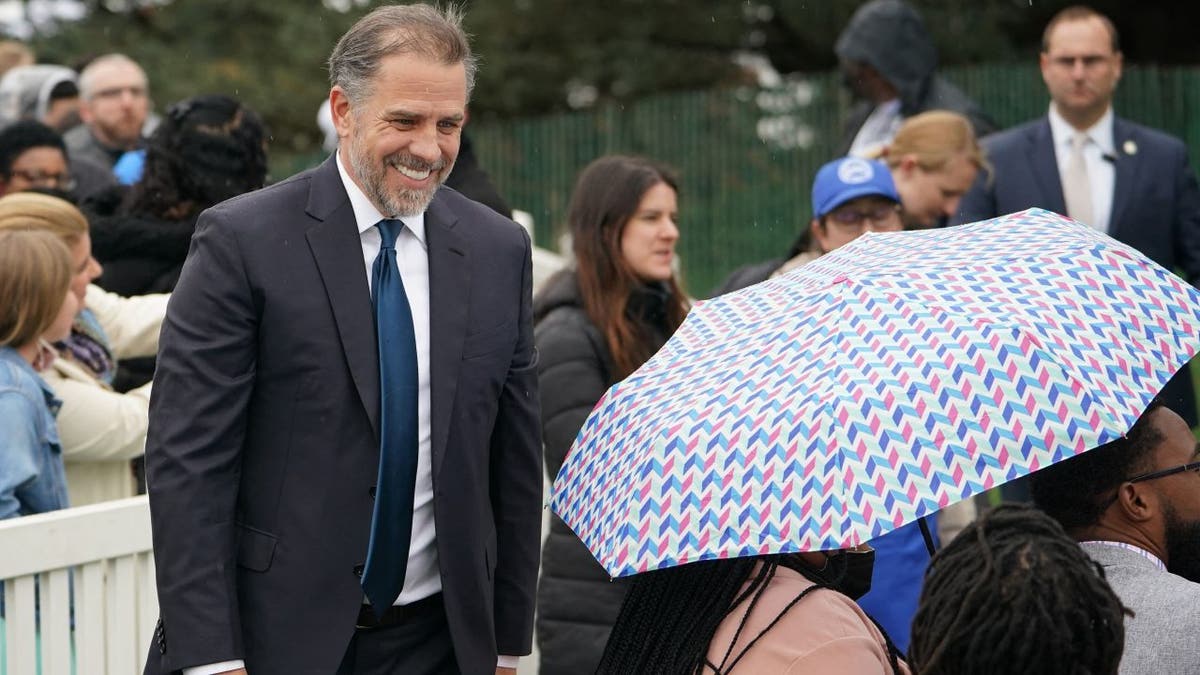With the inauguration concluded, the Senate is gearing up for the crucial task of confirming President Trump's cabinet nominees. While some confirmations may happen swiftly after the oath of office, the overall process is expected to be lengthy and complex.
Historically, a few key nominees are often confirmed on inauguration day itself. In 2017, James Mattis (Defense) and John Kelly (Homeland Security) were confirmed on January 20th. Similarly, in 2021, Avril Haines was confirmed as Director of National Intelligence on the evening of President Biden's inauguration. This time around, potential candidates for quick confirmation might include Senator Marco Rubio for Secretary of State, given his established Senate presence and bipartisan support, or CIA Director nominee John Ratcliffe, who previously served as Director of National Intelligence and has congressional experience.
However, achieving a rapid confirmation timeline for multiple nominees could prove challenging. Various factors can lead to delays, as demonstrated by recent postponements of confirmation hearings for nominees like Doug Burgum (Interior) and Doug Collins (Veterans Affairs). While some, such as Attorney General nominee Pam Bondi, may see relatively quick confirmation, the overall process is likely to extend over several weeks or even months.

Looking back at the Biden administration, most cabinet confirmations occurred in February or March, highlighting the time-consuming nature of the process. Each nominee must undergo a hearing, and committees have specific procedures for advancing nominations, which can vary in duration. Potential filibusters by the opposition party could further extend the timeline, requiring procedural maneuvers and potentially consuming several days for each nominee.

Beyond cabinet positions, numerous other roles require Senate confirmation, adding to the workload. While the Senate can expedite confirmations for non-controversial nominees through "en bloc" voting, the sheer volume of positions – over 800 in total – ensures that the process will be extensive. This extensive confirmation process is expected to consume significant floor time, potentially requiring early mornings, late nights, and weekend sessions. This demanding schedule will coincide with other legislative priorities, further intensifying the pressure on the Senate.








